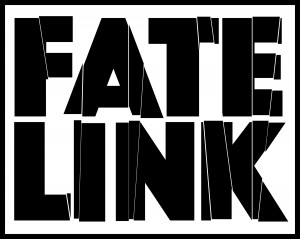How do you deal with script notes? What are the most common notes to receive and how do you handle them?
There’s no way around it. Receiving feedback on your screenplay can be humbling, especially if it’s on the heels of an experience of script euphoria from finally completing a draft. Here are three notes that may come your way and some strategies for dealing with them
1. Characters sound the same. This may sound like a dialogue problem, but it’s actually an indication that your characters need more development. Get to know your characters a bit better and they may start speaking with their own distinctive voice.
2. The first half is better than the second half. Or vice versa. Which is the bigger problem? Personally, I’d rather have a rough draft have a weaker beginning than ending because a strong ending indicates that the ideas underlining the piece do come together. If you’ve got a weaker beginning than ending…are you starting the script too early? Maybe your first scenes are overloaded with exposition. If your ending is weaker, have you forced a resolution and lost audience members that care about believability in the process? Sometimes, writers demand their characters behave in ways that conform to their ideas or intended message rather than face the reality of how real human beings behave in challenging circumstances. Either way, you’ve got a lot more work to do!
3. Unlikable lead character. Digest this note with care. You’re not obligated to create a likable lead character. So when a reader doesn’t like your lead character, it’s not necessarily a sign that your piece isn’t working. Perhaps it’s a clue that there’s an inconsistency with the character or more context needed. But plenty of films featuring unlikable lead characters are admirable creative accomplishments. Ultimately, you’ll have to decide for yourself.
To see how I dealt with script notes from colleagues on his own first draft, check out a video on this subject in the screenwriting section of our members-only Patreon page. You might think I’d have an edge in digesting feedback since I started my career as a story analyst for Paramount Classics/Vantage, but it’s far easier to analyze the work of others than to create something yourself. So, this episode finds me receiving many of the same notes I gave out as a young professional. The notes from Daniel, Jason and the team cover many aspects of the script, including dialogue, character development, visualization, and a possible unlikable lead character.

